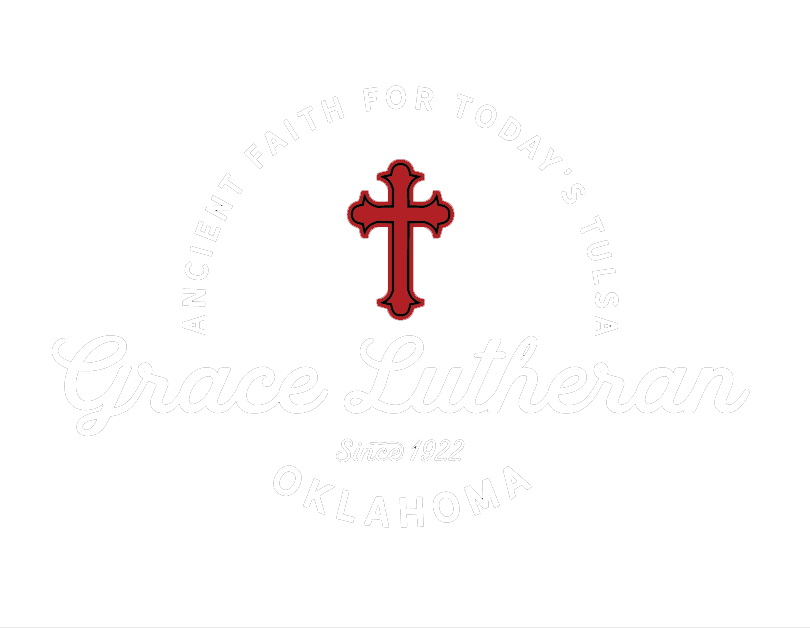A Third Century Christian
The year is AD 240. Alexander is in his late twenties and is a cobbler in a mid-size city in the Roman Empire. He is married and has two children. He participates in civic life, makes a yearly sacrifice to Athena at her local temple. But his neighbor, Andronicus, a weaver who used to also sacrifice to Athena, goddess of trades and crafts, has stopped. He doesn’t show up there anymore. He is follower of the God Jesus, and worships only Him.
Alexander sees how Andronicus has changed. He has become kinder, more generous. He has a deep joy where once he was angry and fearful. In short order, Alexander wants to know more and begins learning about this new God and religion called Christianity. After some time he is entrusted to know where the worshipers meet, because the authorities can punish these Christians for sedition—and have at times. He attends the liturgy, but cannot stay for the entire thing. Some parts only for believers, he is told. But he learns and is taught, and over a series of months or even years(!), finds himself ready for initiation. He gathers with a few other men, disrobes, and is washed, lowered, submerged, or drenched three times with water (there was much variation in those days). His wife did the same thing, but in another room with only women. He is given a candle, and at the end is brought forward to receive the Eucharist. A period of further instruction happens for several weeks or month or two, and then culminates in another rite. In other places, that’s it. Alexander is now a Christian and sneaks out to worship every Sunday before dawn.
What did it mean to be a Christian then? What did our fictional Alexander do as a Christian?
He went to church every week. This was his new faith. How could he not worship and pray with his brothers and sisters? He was risking his life to do it, but he did it anyway. Maybe it gave a greater importance to know he was putting his life at risk to praise Jesus and worship Him.
He prayed daily. If he could read, and if he could afford it, he might have a little “Catechism” with psalms and a few passages to read and pray. Most likely he had prayers memorized as part of his catechesis before he was baptized. Praying every day, worshiping every Sunday morning.
He would have contributed to the needs of the church, including providing for the Episkopus (Bishop) and Diakonos (deacon), maybe a Presbyter (priest) if it was a large congregation, as 1 Corinthians 9:1-12 says. Their donations would have helped the poor members, or bought medicine for the sick. He may have helped deliver food to the widows of the congregation, or he may have donated his time to help using his trade. We would call this stewardship.
Bible study and Sunday School did not exist. They wouldn’t for nearly 1400 years. But the readings at the liturgy were lengthy, and the homilies may have been an hour long. They didn’t have fund raisers or social groups, LWML or Men’s Group, but they probably had communal dinners after liturgy and the bonds of baptism and the risk of persecution tied them closely together socially.
There are no boards or committees per se. After a few years, our fictional Alexander may have been ordained a reader—trained, vested, and appointed to read the Scriptures publicly. His wife may have been set apart to help baptize women. At some point, he may have been ordained a door-keeper (think our Trustee), or even a sub-deacon (think our altar assistants). If the parish was large, they may have had a dozen ordained in various jobs on a volunteer, but permanent basis, but this still would have been a small subset among all Christians.
How different it is for us today! …Or is it? Do you live with the faith and devotion of risking your life for Jesus, denying yourself, learning the prayers and praying them daily? Do you make stewardship and serving with time, talents, and treasure a foundation? Do you devote time to learning since I am kind to you and only preach for 12-15 minutes…even Bible Study is usually only 45 minutes. Do you get to know your brothers and sisters here? Do you ensure your children are being given a foundation to do the same?
Was it that much different then? Should it be different today?
